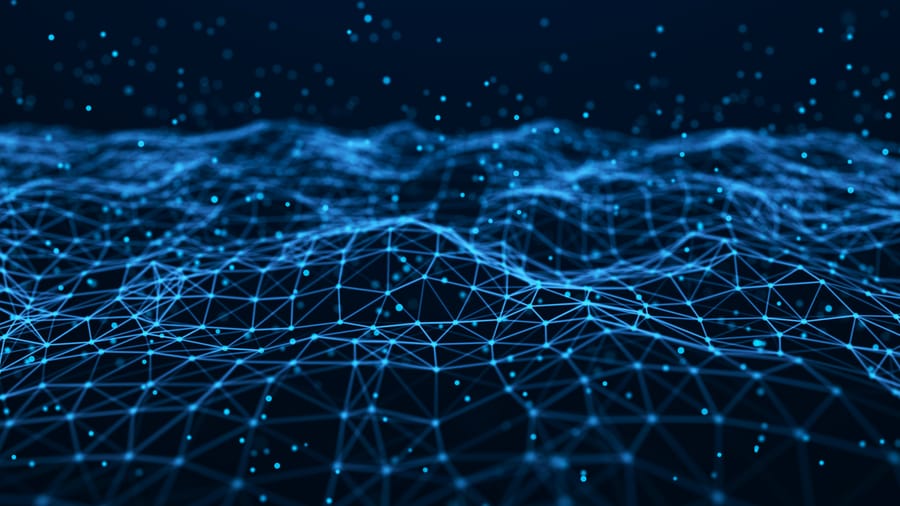Research agents and tools represent a burgeoning field within artificial intelligence, where autonomous systems leverage large language models (LLMs) and modular architectures to facilitate scientific inquiry and innovation. These agents operate by integrating perception, reasoning, planning, and action capabilities, enabling them to perform tasks such as literature review, hypothesis generation, data analysis, and experimental design (Gridach et al. 2025). Their development draws from advancements in LLMs, which provide natural language interfaces for interaction and decision-making, allowing for general-purpose assistance across domains (Cheng et al. 2024). Practical applications span automation of repetitive research processes, enhancement of accuracy in data interpretation, and acceleration of discoveries in fields like biology, chemistry, and machine learning (Zhou et al. 2025). By minimising human error and optimising resource allocation, these systems promise to transform traditional workflows into more efficient, scalable operations.
One prominent application lies in automating the full research pipeline, from ideation to reporting. Frameworks enable agents to handle literature reviews by searching and synthesising vast databases, followed by experimentation through code generation and simulation, culminating in structured reports. For instance, agents can achieve state-of-the-art performance in machine learning tasks while reducing costs by up to 84% compared to prior methods, allowing researchers to focus on creative aspects rather than routine coding (Schmidgall et al. 2025). In scientific discovery, agents facilitate hypothesis generation and experiment conduction in domains such as materials science, where they analyse genomic data or protein structures to extract insights (Gridach et al. 2025). Tools like modular architectures support multi-hop information retrieval and iterative tool use, making agents adaptable to complex, multi-turn tasks (Huang et al. 2025). Such capabilities prove invaluable in accelerating progress, as agents process multimodal inputs—including text, images, and code—to produce comprehensive outputs.
In machine learning research, agents serve as benchmarks and frameworks for evaluating and advancing AI systems. Environments simulate real-world challenges across computer vision, natural language processing, and reinforcement learning, where agents generate hypotheses, implement models, and iterate on results (Nathani et al. 2025). Search policies, such as greedy or evolutionary algorithms, navigate solution spaces to optimise performance, achieving higher success rates in competitive settings like Kaggle competitions (Toledo et al. 2025). These applications extend to automated model training, where agents refine hyperparameters and adapt to dynamic environments, fostering continual learning (Liu et al. 2025). By generating synthetic data at scale and integrating new tasks, such tools enhance the development of robust AI ecosystems, applicable in industry for workflow optimisation and resource management.
Multi-agent systems further expand practical utility through collaboration and collective intelligence. Configurations involve multiple roles, message passing, and strategies to mitigate communication barriers, mirroring human social dynamics in research teams (Cheng et al. 2024). In enterprise settings, agents handle customer support, scheduling, and data summarisation, while in specialised domains like finance or healthcare, they optimise decision-making across trading systems or patient data analysis. Evolutionary mechanisms allow agents to self-improve, incorporating feedback loops for adaptive evolution and ethical alignment, ensuring safe deployment in real-world scenarios (Liu et al. 2025). Benchmarks assess information discovery, selection, and organisation, revealing opportunities for improvement in organising knowledge into hierarchical structures like mind-maps (Kang and Xiong 2024). Challenges in implementation highlight the need for balanced evaluations beyond accuracy, incorporating cost, robustness, and reproducibility. Current benchmarks often overlook efficiency, leading to overly complex agents that overfit to specific tasks (Kapoor et al. 2024). Joint optimisation of metrics reduces unnecessary expenditures, while standardised practices address overfitting through principled holdout sets.
Real-world deployments underscore versatility across sectors. In biology, agents automate hypothesis testing from biomedical literature, navigating vast datasets to propose novel experiments (Gridach et al. 2025). Economic applications include market analysis and forecasting, where agents utilise tool integration for data processing and prediction (Cheng et al. 2024). Software development benefits from code generation and debugging, streamlining innovation in agile environments. Security considerations, such as mitigating intrinsic threats and ensuring value alignment, are paramount for trustworthy systems in sensitive areas like public safety (Zhou et al. 2025). The trajectory of research agents points towards enhanced human-AI collaboration, with prospects for foundational advancements in autonomous systems. As agents evolve to incorporate brain-inspired modules and evolutionary strategies, their role in scientific and industrial innovation will likely expand, driving efficiency and novel insights. Continued focus on benchmarks and ethical frameworks will ensure these tools contribute positively to knowledge advancement.
References:
1. Cheng, Yuheng, Ceyao Zhang, Zhengwen Zhang, Xiangrui Meng, Sirui Hong, Wenhao Li, Zihao Wang et al. 2024. “Exploring Large Language Model Based Intelligent Agents: Definitions, Methods, and Prospects.” arXiv preprint arXiv:2401.03428. ^ Back
2. Gridach, Mourad, Jay Nanavati, Khaldoun Zine El Abidine, Lenon Mendes, and Christina Mack. 2025. “Agentic AI for Scientific Discovery: A Survey of Progress, Challenges, and Future Directions.” arXiv preprint arXiv:2503.08979. ^ Back
3. Huang, Yuxuan, Yihang Chen, Haozheng Zhang, Kang Li, Meng Fang, Linyi Yang, Xiaoguang Li et al. 2025. Deep Research Agents: A Systematic Examination And Roadmap. arXiv preprint arXiv:2506.18096. Available at: https://arxiv.org/abs/2506.18096 ^ Back
4. Kang, Hao, and Chenyan Xiong. 2024. ResearchArena: Benchmarking Large Language Models' Ability to Collect and Organize Information as Research Agents. arXiv preprint arXiv:2406.10291. Available at: https://arxiv.org/abs/2406.10291 ^ Back
5. Liu, Bang, Xinfeng Li, Jiayi Zhang, et al. 2025. Advances and challenges in foundation agents: From brain-inspired intelligence to evolutionary, collaborative, and safe systems. arXiv preprint arXiv:2504.01990. Available at: https://arxiv.org/abs/2504.01990 ^ Back
6. Nathani, Deepak, Lovish Madaan, Nicholas Roberts, et al. 2025. MLGym: A New Framework and Benchmark for Advancing AI Research Agents. arXiv preprint arXiv:2502.14499. Available at: https://doi.org/10.48550/arXiv.2502.14499 ^ Back
7. Schmidgall, Samuel, Yusheng Su, Ze Wang, Ximeng Sun, Jialian Wu, Xiaodong Yu, Jiang Liu, Zicheng Liu, and Emad Barsoum. 2025. Agent Laboratory: Using LLM Agents as Research Assistants. Available at: https://arxiv.org/abs/2501.04227 ^ Back
8. Toledo, Edan, Karen Hambardzumyan, Martin Josifoski, et al. 2025. AI Research Agents for Machine Learning: Search, Exploration, and Generalization in MLE-bench. arXiv preprint arXiv:2507.02554. Available at: https://arxiv.org/abs/2507.02554 ^ Back
9. Zhou, Rui, Vir Sikand, and Sudhit Rao. 2025. “AI Agents for Deep Scientific Research.” Presented at the UIUC Spring 2025 CS598 LLM Agent Workshop, Submitted. ^ Back







